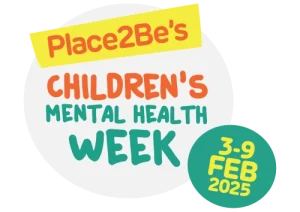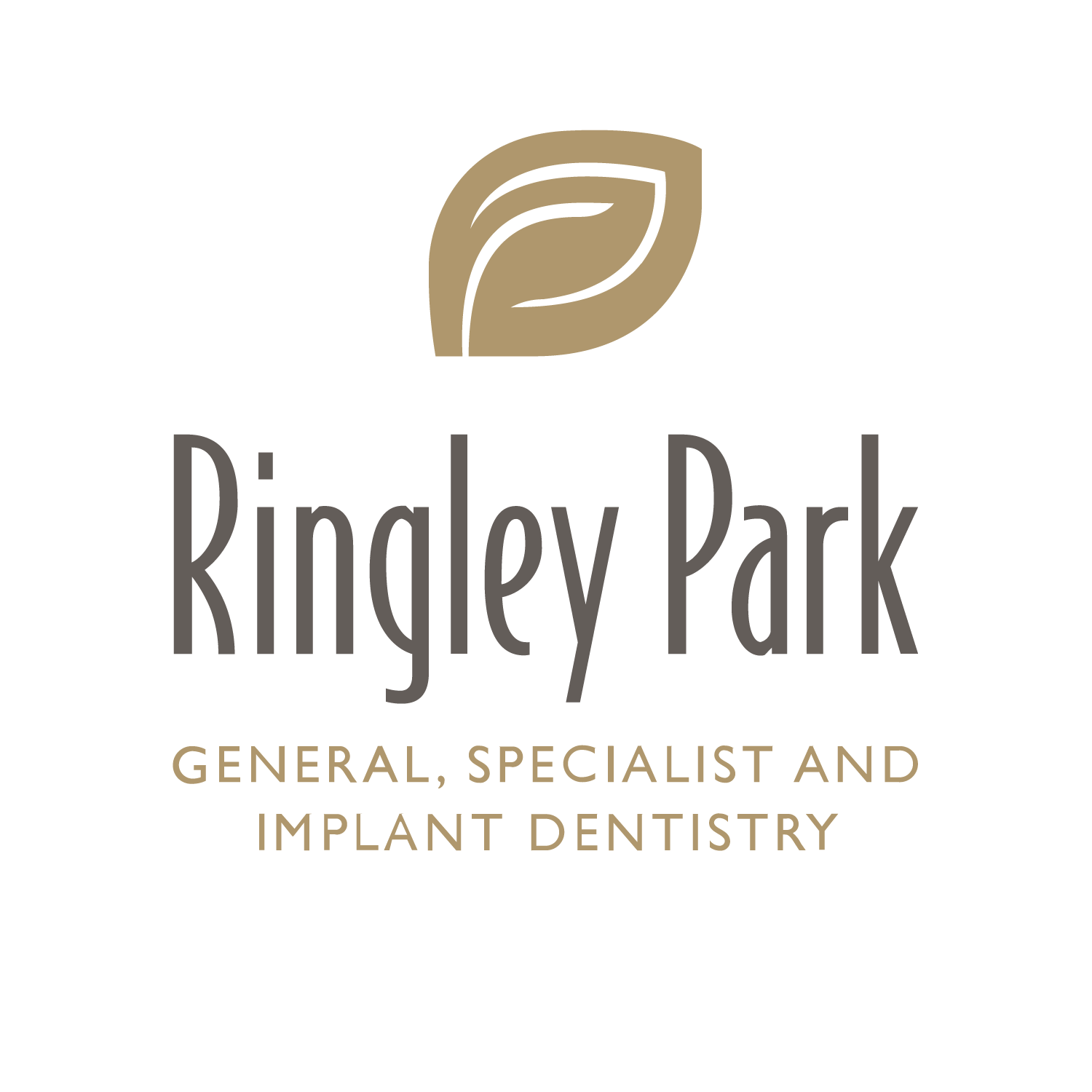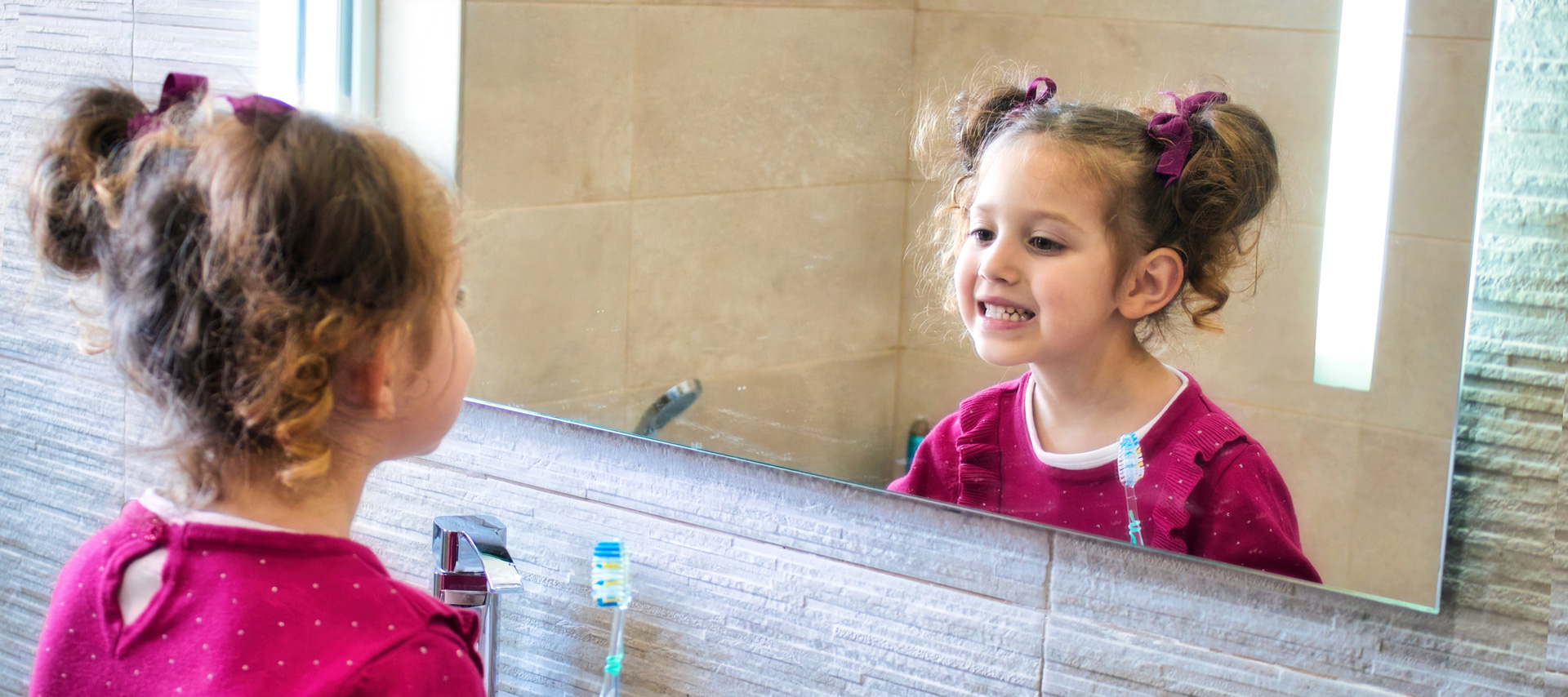 Children’s Mental Health Week 2025 is taking place on the 3rd – 9th of February, raising awareness for children’s mental health and empowering them with tools to develop the resilience to cope with whatever life throws at them.
Children’s Mental Health Week 2025 is taking place on the 3rd – 9th of February, raising awareness for children’s mental health and empowering them with tools to develop the resilience to cope with whatever life throws at them.
Oral health shares a two-way relationship with mental health, and in this blog we’ll explain why it’s important to be extra vigilant about oral hygiene in the face of mental health issues, but also how good oral hygiene promotes mental wellbeing. We’ll also introduce you to our new Specialist in Paediatric Dentistry, Sophie, and the benefits of specialist child dental care.
Children’s mental health statistics
While the full impact of mental health problems on UK children so far remains unclear, the statistics that are available tell us this is a growing issue.
- 1 in 6 children aged 5-16 are likely to have a mental health problem.
- The likelihood of young people having a mental health problem has increased by 50% in the past 3 years.
- The most common mental health problems experienced by young people are anxiety, depression and emotional disorders.
The impact of poor mental health on oral health
The connection between mental health and oral health is two-sided. Poor mental health can lead to poor oral health, and poor oral health can worsen mental health problems.
If a child is suffering from stress, anxiety, depression symptoms or a mood disorder, it’s important to be mindful of their oral hygiene and help them understand the value of good oral health.
Different mental health problems impact oral health in different ways:
Eating too much sugar
Just as with adults, stress can cause children to consume more sugary food and drink. Sugar feeds the bacteria in plaque, dissolving the enamel and causing holes to develop in the teeth.
Undereating
Mental health issues like anxiety, depression, mood disorders and eating disorders can all impact food intake and result in low levels of important minerals like calcium, magnesium, phosphorus and selenium. Without these minerals, tooth enamel becomes weak and more susceptible to decay and tooth loss.
Tooth grinding (Bruxism)
Stress and anxiety are both factors that can lead to tooth grinding, also known as Bruxism. Bruxism wears down teeth over time, leaving them vulnerable to cracks and chips.
Neglecting proper hygiene routines
Depression and anxiety can lead individuals to forgo proper hygiene routines. Brushing for two minutes twice a day and using floss is essential to keep teeth and gums healthy. When routines become less frequent or thorough, the risk of cavities and gum disease significantly increases – especially when paired with the overconsumption of sugar.
Dry mouth
Some anxiety medications can cause a dry mouth, which may also lead to tooth decay. Consult your dentist for more information about how to maintain oral hygiene while on medication.
Dental phobia/anxiety
Anxiety disorders may manifest as nervousness around visiting the dentist. It’s really important to address this as early as possible so children can develop a positive relationship with dental visits and avoid future health problems.
Overly vigorous brushing
Mood disorders that cause mania, hyperactivity or anger can lead to overly vigorous brushing actions, which can damage tooth enamel and gums.
How good oral health habits can improve your mental wellbeing
Not only is it essential to be extra careful about children’s oral health in the face of mental health problems, a good oral hygiene routine is an important part of maintaining mental wellbeing and preventing certain mental health problems from developing.
The benefits of an oral hygiene routine include:
Increased self esteem
Poor oral health habits and developing oral health problems can leave children feeling self-conscious, unconfident and inadequate. A clean and healthy mouth makes children more likely to smile, laugh and socialise, which are important when managing depression and anxiety.
Routine and self-care
The predictability of daily routines can help children feel more secure, prepared and in control, helping to reduce feelings of stress and anxiety. Looking after yourself with simple acts of self-care like oral hygiene have been found to increase happiness.
Decreased worry
When individuals maintain thorough at-home oral hygiene routines, visit the dentist regularly, and eat a healthy diet, there’s security in the fact that their mouth is healthy and developing problems are dealt with quickly.
A healthy diet for a healthy mind
We often talk about how a healthy diet leads to a healthy mouth, strengthening teeth with essential nutrients and avoiding sugar to reduce the risk of decay. However, a healthy and balanced diet is also essential for cognitive function, reducing the risk of depression, anxiety and stress.
Ringley Park provides specialist oral care for children in Reigate, Surrey
Taking children to a specialist in children’s dentistry ensures they receive care from an expert in children’s oral health, and someone who is passionate about working with children and putting them at ease.
At Ringley Park, we have a dedicated children’s dental surgery decorated with bright colours, fun stickers and plenty of toys. This helps children develop a positive attitude towards routine visits.
Meet Sophie, our Paediatric Dentist
 Sophie is our Specialist in Paediatric Dentistry at Ringley Park. She completed her Paediatric Dentistry Specialist Training at East Surrey Hospital, Redhill and King’s College Hospital, and was registered as a Specialist in Paediatric Dentistry by the General Dental Council in 2017.
Sophie is our Specialist in Paediatric Dentistry at Ringley Park. She completed her Paediatric Dentistry Specialist Training at East Surrey Hospital, Redhill and King’s College Hospital, and was registered as a Specialist in Paediatric Dentistry by the General Dental Council in 2017.
She completed her consultant training in sites across London, Surrey and Sussex including roles within the Community Dental Service, West Sussex, the Royal Alexandra Children’s Hospital, Brighton, and Chailey Heritage Foundation for children and young people with complex disabilities, Lewes. Her special interests include dental trauma, anxiety management and management of children with additional needs, all of which equip her to provide tailored care to all our young patients at Ringley Park.
Book an appointment with Sophie
Feel confident that you are providing your child with the best oral care and book their next dental check-up or treatment with our specialist, Sophie. Book online or talk to a member of our friendly team today at 01737 240123.

